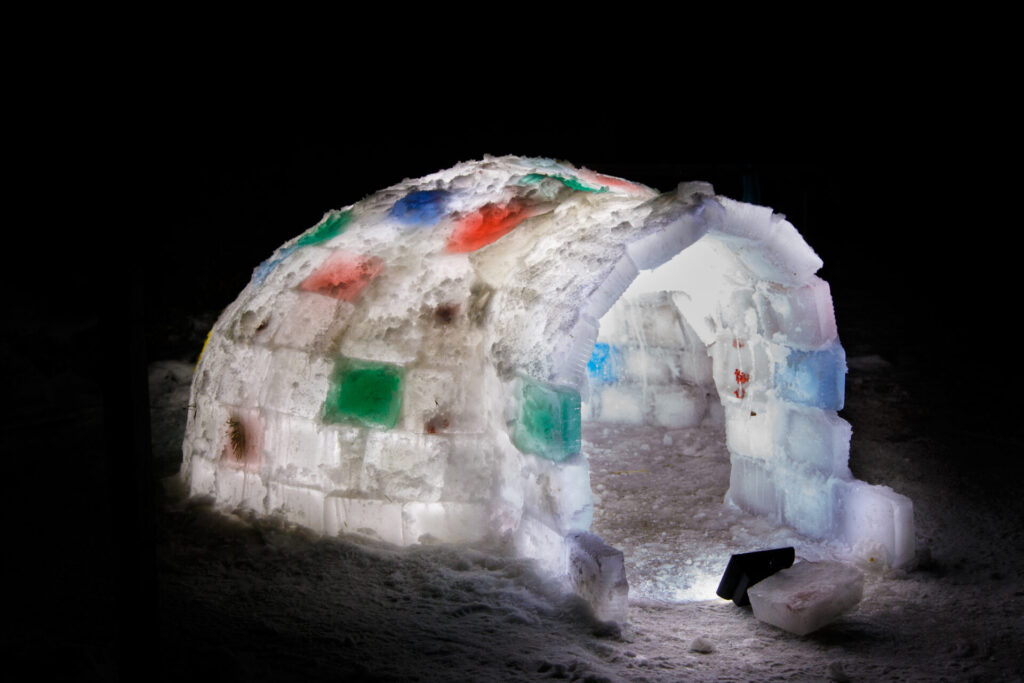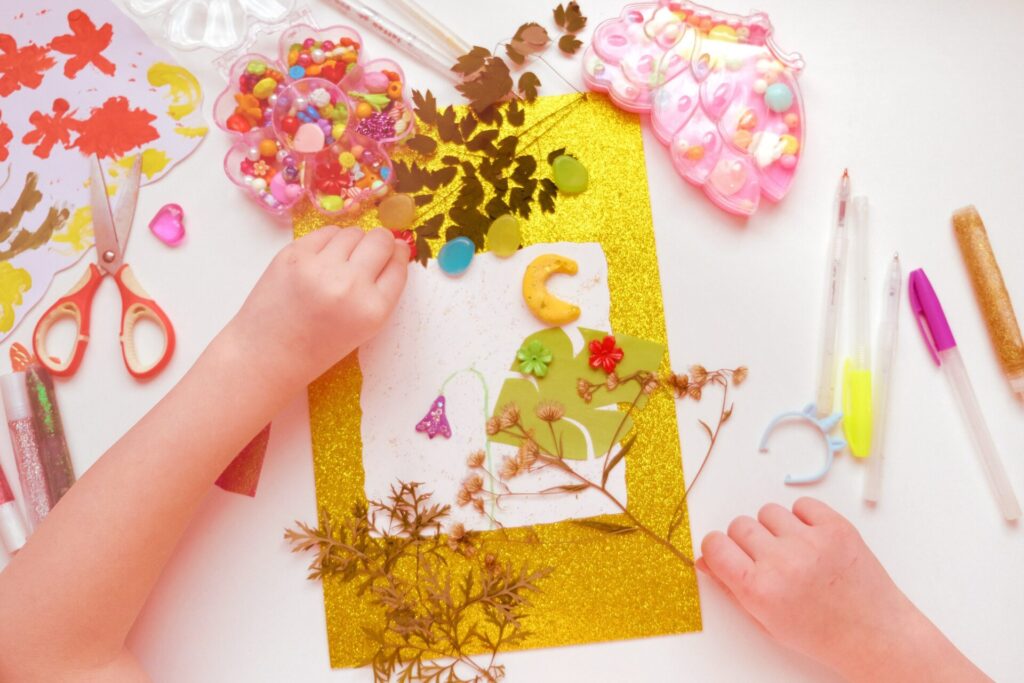 Camping may be more affordable than many other vacations, but there are more reasons to try it than saving money. Many families – parents and kids alike – find camping allows them to spend unique, quality time together.
Camping may be more affordable than many other vacations, but there are more reasons to try it than saving money. Many families – parents and kids alike – find camping allows them to spend unique, quality time together.
Just ask Goldie Silverman. The Seattle grandmother still regularly hikes, backpacks and camps with her entire extended family. She wrote her first book on the subject, Backpacking with Babies and Small Children, in 1975. In her most recent book, Camping with Kids, she interviewed families extensively to get their take on camping. The main reasons parents and children loved camping were:
- to share new experiences
- learn new skills together (starting a fire, putting up a tent)
- to experience a much simpler, less stressful, less competitive life.
“One child wrote, ‘To see my Dad having fun,’” says Goldie. Here are some things to consider if it’s your family’s first time camping:
Start small
Don’t be too ambitious when picking your campsite. In fact, if there is a park in your city that has cabins or tents to rent, consider that for a first camping experience. A perfect overnight with young kids includes a fun supper, some planned games, a cozy night in a sleeping bag and breakfast! Otherwise, make the journey to camp as short as possible – pick somewhere close to home.
Book your site
For those ready to be more adventurous, booking a site is a first step. (You’ll still need to consider how long a car ride you or your children can tolerate.) Also, even if you have a two-week vacation, don’t make first trips with young kids too long. Start the planning process early and involve your kids. Booking a site in a national park can cost between $15-$40 a night, depending on the facilities the park provides. Book early as some sites fill up quickly.
Collect equipment
Don’t focus on equipment, but be task-oriented, says Goldie. Look very critically at what you’ll need in terms of clothing, food and activities, and ask yourself what you already own. For example, instead of buying sleeping bags, make bed rolls using a plastic tarp as a ground cloth and folding old quilts and blankets over them. Think of what you’ll need in terms of categories: Shelter, Sleeping, Meals, Clothing, Fun, First Aid and Repairs. Check with camping supply stores to see if they rent equipment. Also, check out neighbourhood garage sales for second-hand gear.
Set a simple menu
You’ll need to plan all meals, snacks and drinks for every family member for every day of the trip. Goldie suggests avoiding elaborate cooking; if you don’t own a camp stove, plan meals that can be cooked over a fi re, like hot dogs on a stick made from a bent wire hanger, a stew, or hamburger patties cooked at home and wrapped in heavy duty foil that can be warmed in the coals (take a pair of oven mitts).
Another idea is to make deli sandwiches at home, but pack washed lettuce leaves and mustard or mayo packs separately, then build your sandwich in camp. Many campgrounds provide a barbecue with a grill that can be used by all campers at the site. Be sure to keep pre-cooked foods cold until you need them.
No matter how you plan to camp, Goldie has three final tips when planning your trip:
- Practise camping before you go, especially with young children. Talk about it with your kids. Set up a tent inside or outside, and spend some time in it.
- Don’t try too much at first. Avoid planning a trip that demands great effort from the weakest member of the family. Keep in mind what that person can do comfortably.
- Plan to include something special for each member of the family – a favourite food, activity or book.
Video: Preparing for a camping trip
Moms Andrea and Lianne cofounded WhereParentsTalk.com and co-host Parents Talk on Rogers TV. Together they have produced several award-winning parenting DVDs and web videos.
Originally published in ParentsCanada magazine, July 2012.










